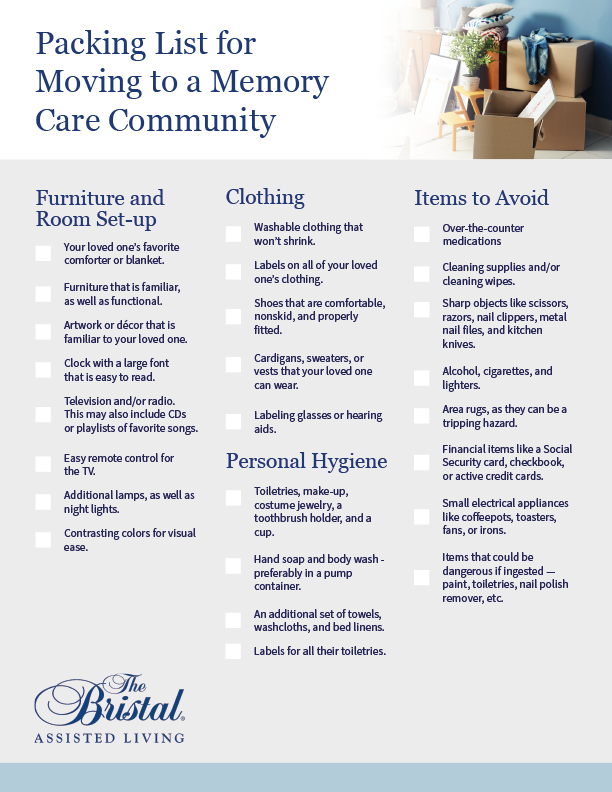Caring Teams Supplying Trusted Alzheimers Care Charlotte Options
Caring Teams Supplying Trusted Alzheimers Care Charlotte Options
Blog Article
Developing a Safe and Encouraging Setting for Alzheimer's Treatment
The development of a supportive and risk-free atmosphere for people with Alzheimer's is critical in boosting their top quality of life. Exploring these diverse strategies can expose important understandings right into effective caregiving techniques that might change the daily experiences of both patients and caregivers.
Comprehending Alzheimer's Needs
Frequently, individuals with Alzheimer's condition display a variety of demands that call for customized techniques to care. As the condition proceeds, cognitive decline shows up in numerous ways, impacting memory, thinking, and even the ability to do daily activities. Caregivers need to acknowledge these evolving demands to supply ideal support and make sure a higher quality of life for those influenced.
One critical facet of comprehending Alzheimer's demands is recognizing the relevance of routine and familiarity. People often find convenience in established patterns, which can lower stress and anxiety and complication. Caretakers should strive to create structured daily schedules that integrate purposeful tasks straightened with the person's passions and capabilities.
Furthermore, effective interaction is paramount. Individuals with Alzheimer's might battle to express themselves or comprehend complex language. Caretakers should employ straightforward, clear language, use non-verbal cues, and practice energetic listening to cultivate understanding and connection.
Caretakers must motivate interaction in neighborhood activities or household gatherings, promoting a sense of belonging and purpose. Understanding these diverse demands is vital for producing a helpful care setting.
Creating a Safe Home
Developing a risk-free home for individuals with Alzheimer's condition is important to lessening risks and promoting independence. The layout of the space must prioritize security while permitting for individual convenience. First, remove potential threats such as loose rugs, sharp things, and clutter, which can bring about falls or accidents. Make certain that pathways are clear and well-lit, as appropriate lighting minimizes disorientation and boosts flexibility.
Including adaptive functions is likewise important. Set up grab bars in restrooms and near stairways, and take into consideration using non-slip floor coverings in damp areas. Additionally, utilizing different colors for floorings and wall surfaces can aid in differentiating spaces, helping to minimize confusion.
Familiarity is very important for individuals with Alzheimer's. Individualizing the atmosphere with familiar items and photos can strengthen a feeling of belonging and security - Alzheimers Care Charlotte. It is also useful to have actually a designated location for everyday activities, such as reading or crafting, which can offer framework to their day
Last but not least, carrying out a safe and secure outdoor area permits risk-free exploration while connecting with nature. By thoughtfully making the home setting, caregivers can significantly improve the quality of life for people coping with Alzheimer's disease.
Enhancing Communication Skills

Non-verbal official site interaction, including face expressions, motions, and touch, plays an essential duty in conveying compassion and understanding. Maintaining eye contact and a calm attitude can enhance the convenience level of the individual, promoting a sense of safety.
Furthermore, it is vital to exercise active listening. This includes being completely present, showing perseverance, and allowing the individual to share themselves without interruption. Rep may be essential; caregivers ought to be prepared to revisit topics or concerns, as individuals with Alzheimer's may battle with memory recall.
Furthermore, using aesthetic help or signs, such as pictures or acquainted things, can facilitate acknowledgment and interaction. Inevitably, boosting communication skills is concerning developing count on and producing an environment where individuals really feel listened to, valued, and comprehended, thus enriching their top quality of life.
Encouraging Social Interaction
Promoting meaningful social interactions can substantially boost the health of individuals with Alzheimer's disease. Engaging with others not just aids fight feelings of seclusion however also promotes cognitive feature and emotional health and wellness. Structured social tasks, such as group arts, games and crafts, or music therapy, produce opportunities for locals to get in touch with peers and caretakers, which can result in boosted mood and minimized anxiousness.
Developing a welcoming environment that encourages socialization is essential. This can be attained by arranging communal rooms that facilitate communication, such as comfortable seating locations or activity rooms. Furthermore, incorporating acquainted and culturally relevant activities can trigger memories and encourage engagement, permitting people with Alzheimer's to feel even more connected to their past experiences.
In addition, caretakers need to be educated to acknowledge and promote check social interaction among residents. By focusing on social interaction, we can considerably improve the lives of those living with Alzheimer's, fostering a feeling of neighborhood and belonging.
Sustaining Caretaker Well-being

To sustain caretakers, organizations should provide routine training and instructional sources to boost their understanding of Alzheimer's disease and caregiving techniques. Providing accessibility to reprieve treatment solutions enables caretakers to take needed breaks, reducing stress and anxiety and browse this site fatigue - Alzheimers Care Charlotte. Furthermore, cultivating a community via support system can promote psychological sharing and the exchange of sensible suggestions among caregivers, creating a network of shared support
Psychological wellness resources, such as therapy services, can additionally be important in addressing the emotional toll caregiving can take. By focusing on caregiver health, we produce an even more lasting caregiving setting that not just profits the caretakers themselves yet additionally enhances the overall quality of care gotten by individuals with Alzheimer's. Eventually, sustaining caretakers is a necessary component in promoting a effective and compassionate treatment setting.
Final Thought
Finally, the creation of a supportive and risk-free setting for individuals with Alzheimer's is necessary to boosting their lifestyle. By focusing on safety via thoughtful design, cultivating emotional well-being with acquainted aspects, and promoting interaction with structured regimens, caregivers can considerably influence the total experience of those affected by this condition. Additionally, sustaining caretaker wellness is critical, as it inevitably contributes to a more compassionate and efficient care atmosphere.
Repetition may be necessary; caretakers need to be prepared to review inquiries or subjects, as people with Alzheimer's might have a hard time with memory recall.

Report this page